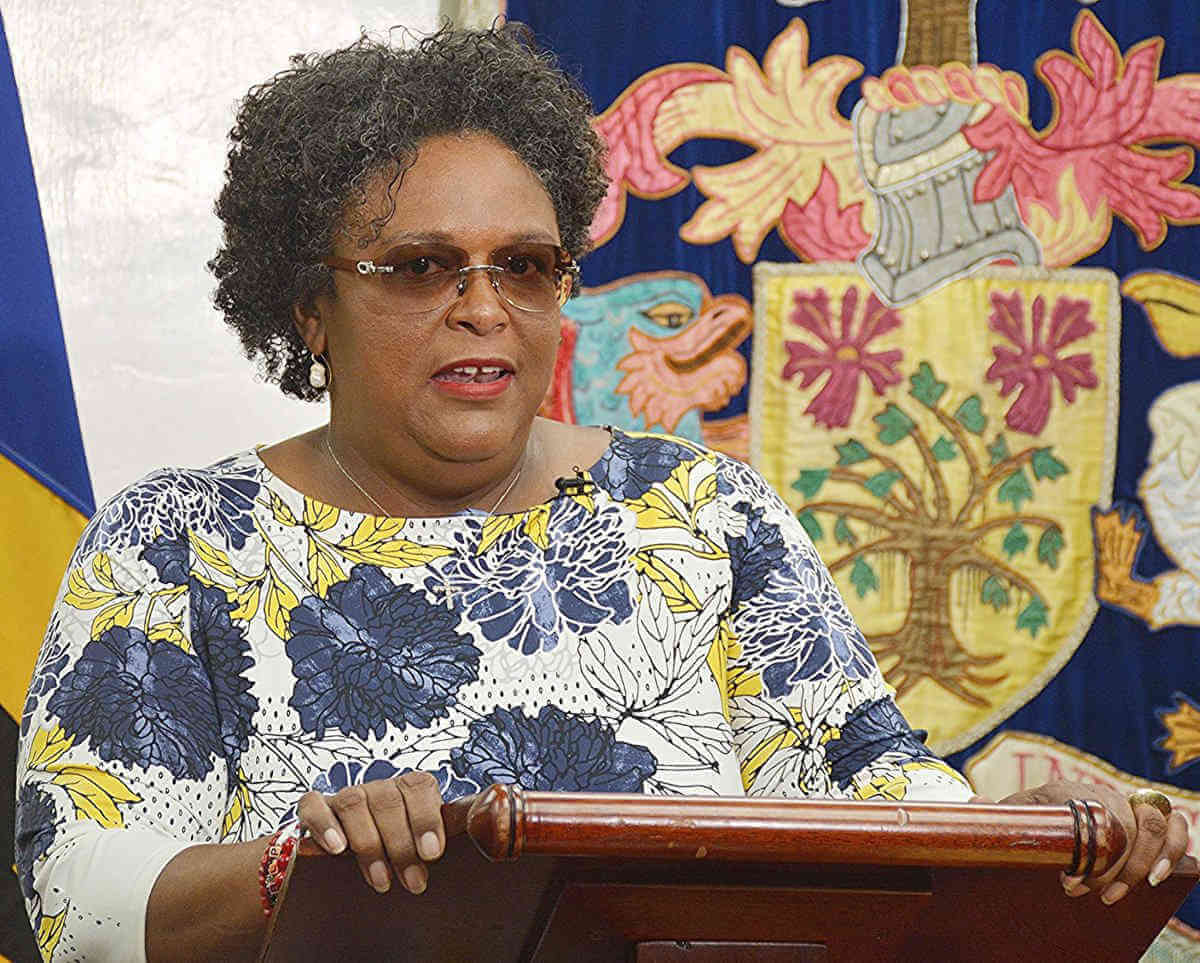Barbados has responded to another instance of the Organisation for Economic Cooperation and Development pressure by radically reforming its company tax system, that probably puts the island ahead of many jurisdictions trading in international business.
In its constant pursuit of nationals who evade paying taxes at home, the European Union had blamed several countries that host offshore companies, including many in the Caribbean, of offering attractive low levies to lure Europeans who then do not pay the same at home.
Instead of dealing with its citizens on this home-made problem the EU used its organisation, OECD, to pressure countries that host offshore companies at low tax rates and demand that the levies be the same as those charged on local companies in these states.
If these countries do not comply they would be placed on an OECD blacklist, which makes it difficult for them to conduct normal international trade.
The dilemma these countries faced is that if they raise the international business tax to that of local companies, the jurisdiction will no longer be attractive to such companies.
While Caribbean states and others are still in the throes of working out the tax convergence needed to suit the OECD, Barbados jumped ahead and cut all corporate taxes to one low level erasing the difference in levies between local and international firms.
Prime Minister Mia Mottley has announced that as of Jan. 1, 2019, it will end a 40-year tax regime and charge levies on all companies on a sliding scale from 5.5 percent to one percent.
Previously taxes on local companies had been as high as 30 percent and for international non-resident businesses, in the vicinity of five per cent.
In making the announcement Mottley pointed out that her government was forced to act now because the previous administration had, under pressure, signed a deal with the OECD to make the taxation convergence by Dec. 31, or have the island face punitive sanctions.
“This left us just a few months to change over a tax system that has been developed over 40 years, mid-air, while we were at the same time restructuring our economy,” she said, adding, “this was another act that threatened to weaken the Barbados economy … but we will turn this into an opportunity.”
The opportunity that Barbados sees in its bold across-the-board tax reduction is an increase of the island’s attractiveness to international businesses because setting up shop on the island is once again safe from OECD persecution as all that organisation’s demands have been met, while at the same the levies remain low.
This places Barbados ahead of other territories as an international business jurisdiction of choice because those countries are yet to respond to OECD demands.
The other opportunity is for local businesses to capitalise on the dramatic drop in their taxes, which is a financial windfall, and re-invest at a faster rate to stimulate the economy while offering employees better compensation and at the same time recording handy profits.




























